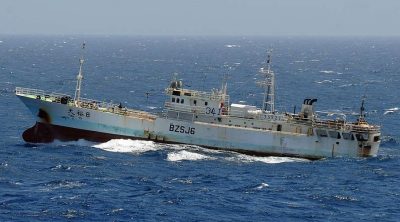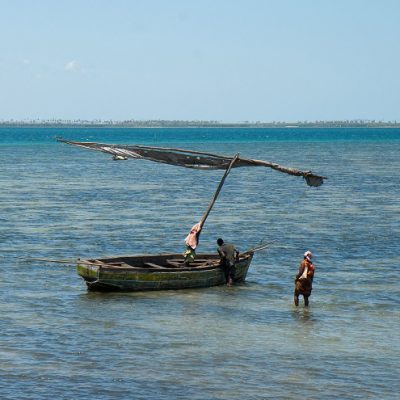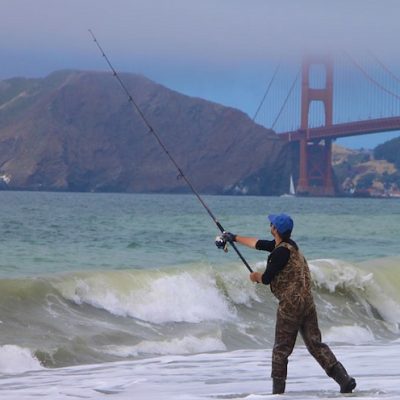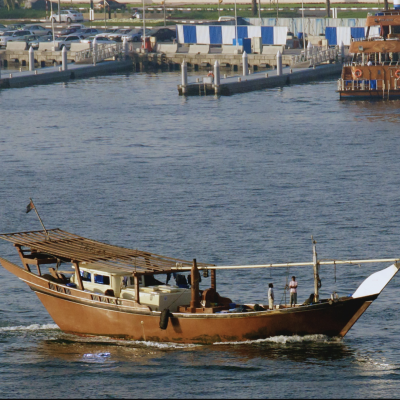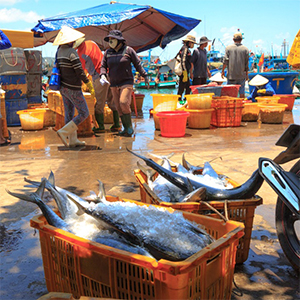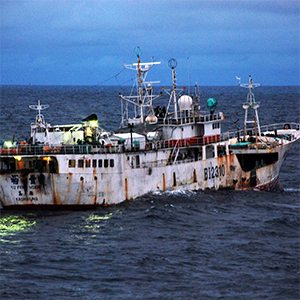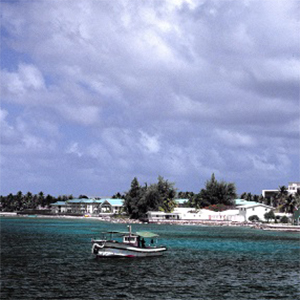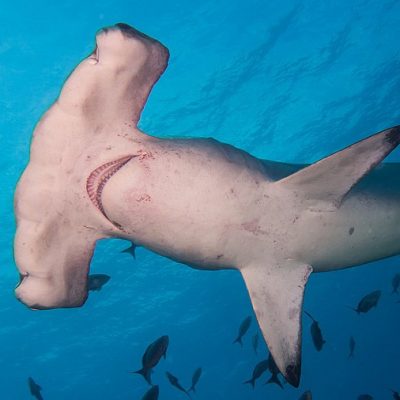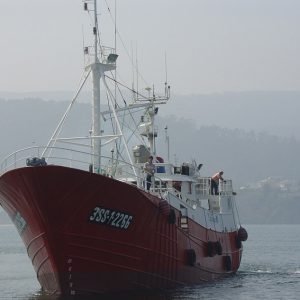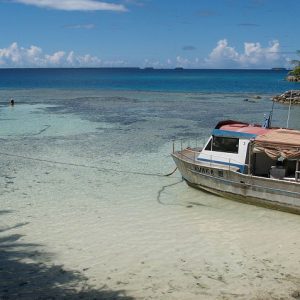Industrial fleets operating in the Indian Ocean turn off monitoring systems, fail reporting obligations
Industrial fleets from top fishing countries operating in the Indian Ocean and targeting export-market species such as tuna and squid are likely to disable monitoring systems to fish more than allowed and evade authorities
As fishing effort grows, catches decline in the Mozambique Channel region
Researchers found that effective small-scale fishing effort in the entire Mozambique Channel region grew slowly but steadily from around 386,000 kWdays in 1950 to around 23 million kWdays by 2016, with Mozambique and Madagascar dominating the upward trend.
A few missing fish: US West Coast recreational and discarded catches
United States of America lacks international reporting of recreational catches and fish discarded at sea, which may hinder proper ecosystem-based management efforts
Small-scale fisheries can back food security efforts in Arabian sea countries
Countries surrounding the Arabian Sea should empower well-managed artisanal and subsistence fisheries to back food security efforts, a new Sea Around Us study suggests.
Treating fish as a public health asset can strengthen food security in lower-income countries
The food and nutrient security of billions of people worldwide depend on fish being treated as a domestic public health asset instead of a commodity.
Billions lost as illicit fisheries trade hurting nations who can afford it least
Eight to 14 million tonnes of unreported fish catches are traded illicitly every year, costing the legitimate market between $9 and $17 billion in trade each year.
Climate change-threatened Marshall Islands under-reporting fisheries stats
A new study by Sea Around Us found that total marine fisheries catches were 27% higher over the last 60 years than the data officially reported by the FAO on behalf of the Marshall Islands
Recreational fishers catching more sharks and rays
Recreational catches of these fishes have gradually increased over the last six decades around the world, now accounting for 5-6% of total catches taken for leisure or pleasure.
Carbon dioxide emissions from global fisheries larger than previously thought
Emissions from the fuel burnt by fishing boats are 30% higher than previously reported
Fishing pressure and climate change challenge Tokelau’s food security
Increasing fishing pressures, combined with climate change, will have a negative effect on the near-shore marine resources of Tokelau
